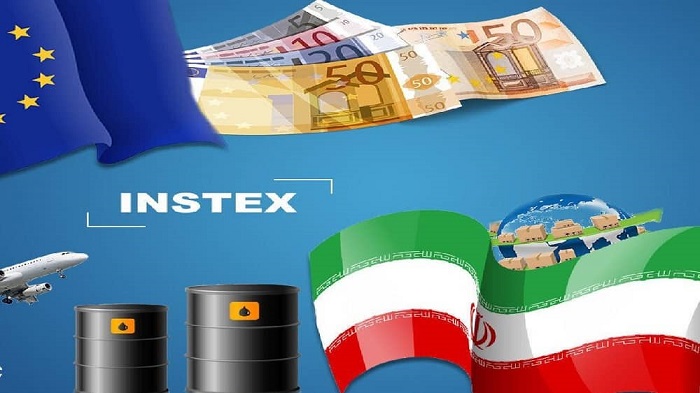
On March 9, the United Kingdom, France, and Germany jointly announced the dissolution of the Instrument in Support of Trade Exchanges (INSTEX), a payment mechanism created by the European Union in 2019 to facilitate trade with Iran while bypassing U.S. sanctions.
The three countries, known as the E3, cited the Iranian regime’s “continued obstruction” as the reason behind the move. According to the E3’s statement, “For political reasons, Iran has systematically prevented INSTEX from fulfilling its mandate. Iran only agreed to a single transaction, in early 2020, for the export of medical goods from Europe to Iran.” The statement further clarifies that Tehran “consistently and deliberately blocked other proposals for transactions between the United Kingdom, Norway, the European Union, and Iran.”
The Iranian regime’s Foreign Ministry Spokesperson, Naser Kanani, blamed the European powers for the SPV’s failure and said that Tehran didn’t need it. However, the facts on the ground reveal the opposite. The regime started acting against INSTEX from its very first days, seeking a way to fund its illicit activities while blaming the U.S. sanctions for nearly all of Iran’s crises
The INSTEX SPV failed to help Tehran for various reasons. One of the main conditions for Iran to use this mechanism was accepting the conventions of the Financial Action Task Force (FATF), an international body that monitors money laundering and terrorism financing activities. However, the ruling theocracy refrained from ratifying the money laundering and anti-terrorism conventions because the country’s economy is dominated by the Revolutionary Guards (IRGC).
Furthermore, the regime lacked legitimacy due to historical, political, religious, and social factors, with no popular base at home, and the recent nationwide uprising is a testament to this fact. So, Tehran requires a power source other than constituents and considers human rights violations, terrorism, and nuclear weapons as vital to its survival. The mullahs will only retreat when facing a vexing choice for survival, not during deceptive negotiations.
The failure of INSTEX once again underlined that engaging in a dialogue with Tehran and providing it with incentive packages neither boosts Iran’s economy nor persuades the regime to stop its malign activities. The clerical regime uses every penny to fund its terrorist apparatus, and Iran’s Central Bank reported that Tehran generated approximately $180 billion in oil export revenue in just 2018 and 2019. However, it remains unclear where these earnings were spent.
The regime needs to make significant commitments and comply with international conventions to earn any sanctions relief. Until then, the international community should hold the Iranian regime accountable for its human rights violations, terrorism, and nuclear ambitions.

